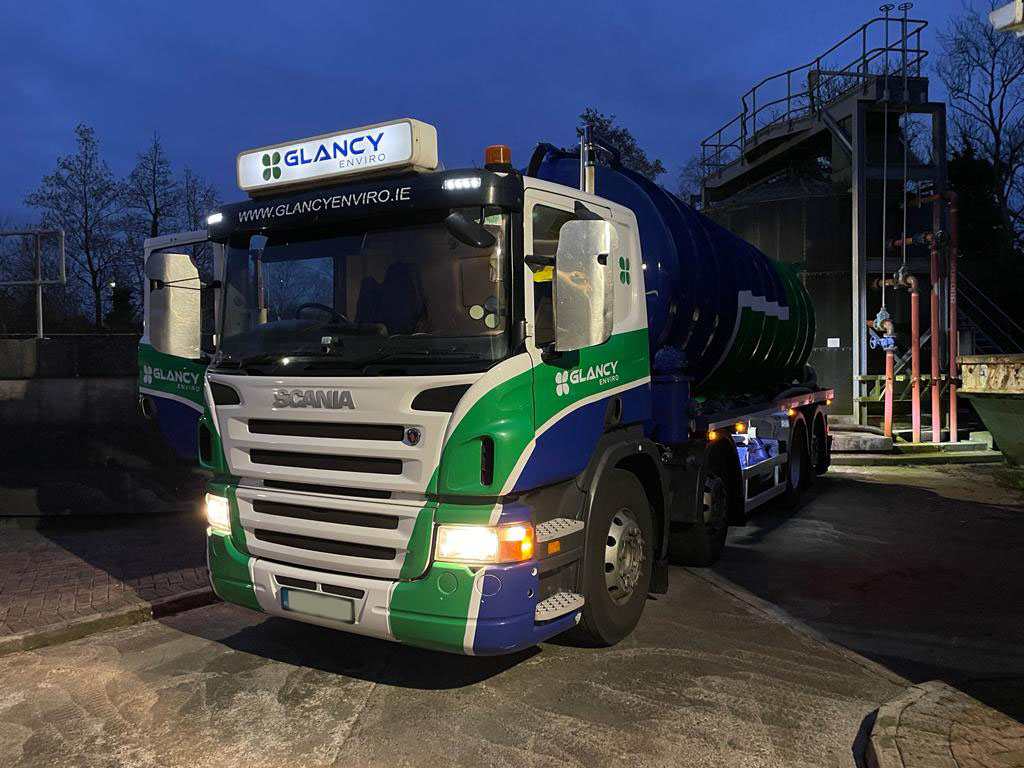Facts About Reclaim Waste Revealed
Facts About Reclaim Waste Revealed
Blog Article
The Only Guide for Reclaim Waste
Table of ContentsReclaim Waste Things To Know Before You Get ThisThe 7-Second Trick For Reclaim WasteThe 6-Second Trick For Reclaim WasteHow Reclaim Waste can Save You Time, Stress, and Money.The Main Principles Of Reclaim Waste
Explore the types, occurrences, and kinds of liquid waste. Domestic sewer waste refers to the waste and products from a household septic system. This kind of waste is produced by human beings in homes, institutions, and various other buildings. This only includes septic containers that have a drain area. The proper monitoring and disposal of domestic sewer waste call for fluid waste to be moved to a sewage treatment plant where the appropriate approaches and equipment are put on purify and deal with waste.
Commercial waste typically consists of possible threats, such as combustible materials or a mixture of liquid and solid waste products, and requires a much more innovative and detailed disposal process. The disposal of industrial waste normally includes the filtering of waste before transportation to guarantee risk-free and proper disposal. Industrial waste is created from results and overflow of industrial procedures and manufacturing.
This kind of waste can not utilize the same sewer management transportation or procedures as septic or commercial fluids. The hazardous waste management process calls for the evaluation and testing of liquid waste before it undergoes the disposal process (liquid waste disposal melbourne). Runoff waste is the fluid waste that originates from overflow and excess stormwater in highly populated areas or cities
Runoff waste can cause contamination and flooding if not dealt with correctly. Find out more regarding drain cleaning and waste management. Guaranteeing appropriate waste administration can avoid calamities and minimize ecological damage. Both individuals in property setups and experts in commercial or production markets can gain from understanding the processes and laws of liquid waste management.
Some Known Questions About Reclaim Waste.
Call PROS Solutions today to discover our waste administration and disposal services and the proper methods to care for the liquid waste you create.
(https://www.intensedebate.com/people/reclaimwaste1)Do you know what happens to your water when you pull the plug, purge the toilet or drain pipes the cleaning device? No? Well, it deserves recognizing. This so-called 'wastewater' is not only an essential resource yet, after treatment, will certainly be launched to our land, waterways or the ocean. Made use of water from commodes, showers, bathrooms, kitchen sinks, laundries and commercial processes is known as wastewater.

water utilized to cool down machinery or tidy plant and equipment). Stormwater, a kind of wastewater, is runoff that flows from farming and city areas such as roof coverings, parks, gardens, roadways, courses and rain gutters into stormwater drains, after rainfall. Stormwater moves untreated straight to local creeks or rivers, eventually getting to the sea.
Reclaim Waste Things To Know Before You Get This
In Queensland, many wastewater is dealt with at sewer therapy plants. Wastewater is carried from residential or commercial websites via a system of sewage systems and pump terminals, referred to as sewerage reticulation, to a sewage treatment plant. Regional governments develop, keep and run most sewage treatment plants. Operators are accredited under the Environmental Management Act 1994 to release cured wastewater at an appropriate ecological requirement into waterways.
The Division of Natural Resources suggests neighborhood governments about handling, operating and maintaining sewerage systems and therapy plants. In unsewered areas, city governments may call for householders to mount specific or family sewer treatment systems to deal with residential wastewater from toilets, kitchen areas, restrooms and washings. The Division of Natural Resources authorises using household systems when they are proven to be reliable.
In some brand-new neighborhoods, treatment of some stormwater to eliminate trash, sand and crushed rock has actually begun using gross pollutant catches. Wastewater treatment happens in four stages: Removes strong matter.
Wastewater after that flows into big tanks where solids work out and are eliminated as sludge. Grease and residue are skimmed from the surface area. Utilizes tiny living organisms called micro-organisms to damage down and remove staying liquified wastes and great fragments. Micro-organisms and wastes are incorporated in the sludge. Gets rid of nitrogen and phosphorus nutrients that might trigger algal blossoms in our rivers and threaten aquatic life.
More About Reclaim Waste
Nutrient removal is not readily available at all sewage treatment plants since it calls for expensive specialised equipment. Clear fluid effluent produced after therapy may still contain disease-causing micro-organisms - liquid waste disposal melbourne.

A lot of wastewater moves into the sewage system. Under the Act, regional federal governments provide authorizations and licences for eco relevant tasks (Periods) including wastewater releases that might have a neighborhood impact.
Not known Incorrect Statements About Reclaim Waste
Or else, examples are taken for research laboratory analysis. Typically several examinations are required to develop the levels of each of the various pollutants such as oils, heavy steels and pesticides in water. Tracking supplies accurate information about water top quality and can confirm that permit conditions are being met. The information gotten via surveillance provides the basis for making water top quality more tips here decisions.
Report this page